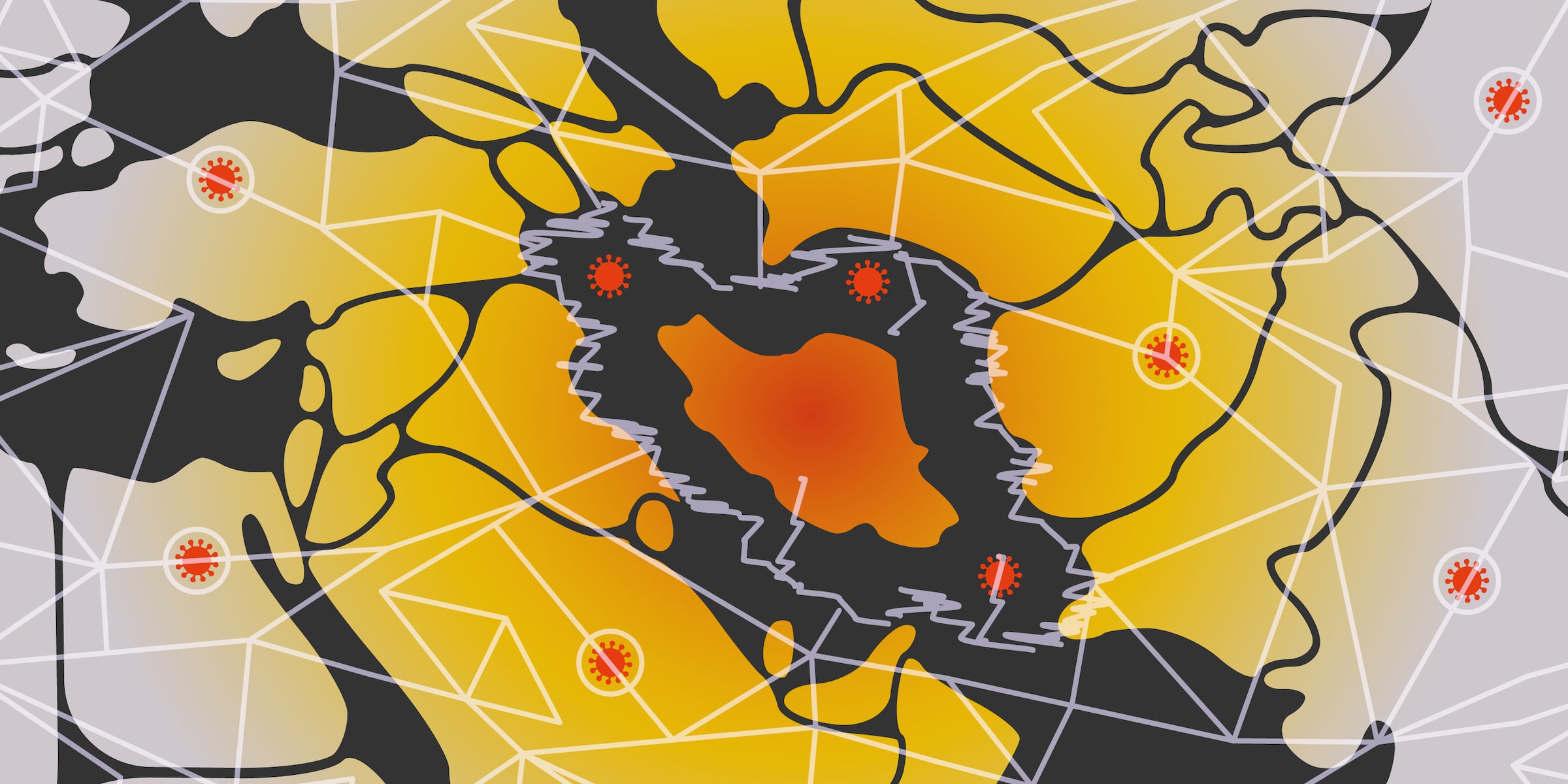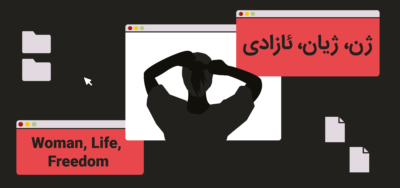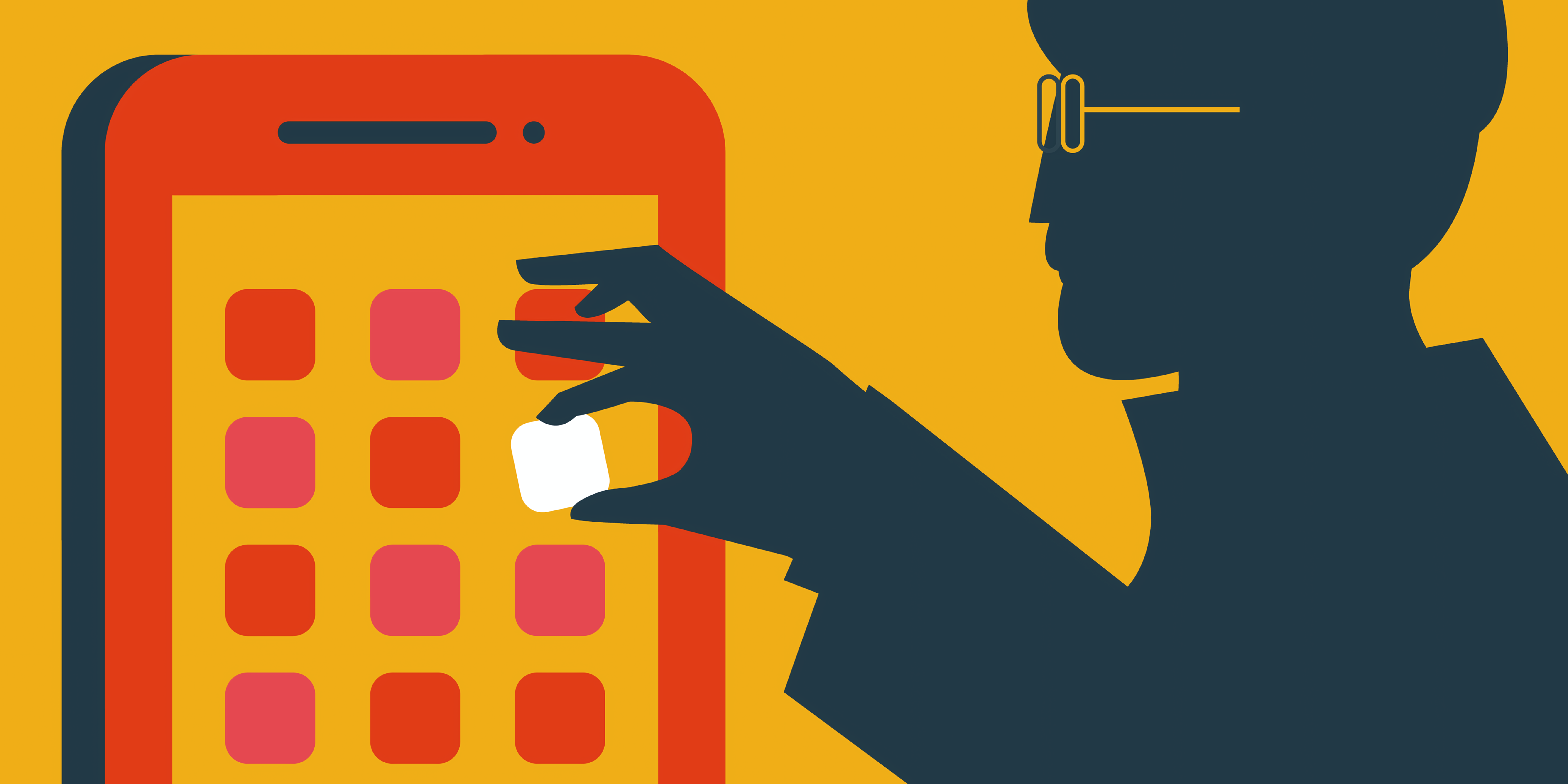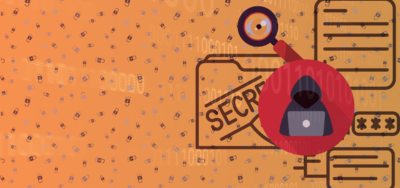Iran has been on the frontlines of the struggle against the COVID-19 pandemic for several months now. With its first documented cases arriving in the city of Qom on February 19, the virus spread rapidly, claiming at least 6,028 lives according to official figures as of May 1. In response to the crisis, the Iranian government has looked to internet connectivity as a key lifeline – both for sustaining some level of economic activity under lockdown, and for developing technological solutions to help monitor and contain the virus.
Iran isn’t alone in this – governments all over the world are being forced to become more dependent than ever on digital infrastructure in order to function properly, and to combat the pandemic. But Iran does face some very unique challenges, owing to its decade-long efforts to further its objective of internet localisation, and undermine citizens’ rights online.
In this article, we outline some of the digitally empowered measures that Iran has taken to respond to the COVID-19 pandemic so far, and set out our thoughts and concerns about how the current crisis may impact on Iranians’ digital rights in the medium-term, as well as its implications for the realisation of Iran’s long-term objective of internet localisation.
Technology Will Not Save Us… Will It? – Global Responses, and the March Towards Contact Tracing
In light of the global COVID-19 pandemic there has been an emerging consensus within a number of governments that online tools might serve a useful function in tracking and containing the disease. These governments hope that technologically-augmented solutions might be able to help smooth the path towards an easing of social distancing measures, and help to mitigate the negative social and economic impacts of the pandemic. Although a battle continues to rage between Apple and multiple European governments over privacy-protecting mechanisms, the fact remains that contact-tracing tools are being developed and adopted.
The global rise in the use of online tools, and indications from governments and tech companies that using government-recommended apps might offer a path forward to help trace and combat the virus, has led to number of civil society groups from around the world to come together and sign a letter advising governments about how to take these extraordinary steps without causing long-lasting negative impacts for digital rights.
As we navigate through these troubling times, we must remain more vigilant than ever to uphold and protect our human rights online. This pandemic poses real threats to global standards of privacy, free expression, and inclusion, and responses must be constantly reviewed and reexamined at both the global and local level. This is an urgent priority in Iran even more than many other places, given that it is a closed society without any meaningful legal protections for privacy and free expression online, and a long track record of human rights abuses, including the near-total shutdown of access to the global Internet in November 2019. So let’s now talk about Iran’s digital response to the pandemic so far.
State-Approved Apps To Save the Day! – Iran’s Digital Responses to COVID-19
Social distancing and national lockdown policies have led to a huge surge in remote working and online learning globally, with more global citizens than ever depending on online tools to maintain some sense of normalcy in their daily lives. In Iran, this was used as an opportunity to promote and enforce the use of domestic messaging apps, in line with its digitally protectionist agenda of data localisation.
Following school closures in Iran, many students and teachers relied on messaging apps (domestic and otherwise) to facilitate distance learning. Having previously banned the use of foreign messaging apps for official use and in educational establishments, in April Iranian authorities introduced the “Shaad” app – a domestic, state-backed alternative to foreign messaging apps designed specifically for e-learning. At the start of social distancing on February 28, Javad Javidnia, the former Deputy for Cyberspace Affairs at the Public Prosecutor’s Office, restated the guidelines that teachers and students must use domestic apps as the sole intermediary for distance learning.
Soon after its launch, Iranian NGO HAMI raised the issue of Afghan refugee children – who frequently lack national ID cards – being excluded from accessing the app, which requires a valid national ID. According to HAMI, Iran’s Education Ministry addressed these concerns, adjusting the app’s settings, allowing for the registration of Afghan children using their documentation numbers.
However in March, the Iranian government released the AC19 app specifically to deal with the spread of COVID-19, raising further questions about an overreach of surveillance powers in combating the pandemic.
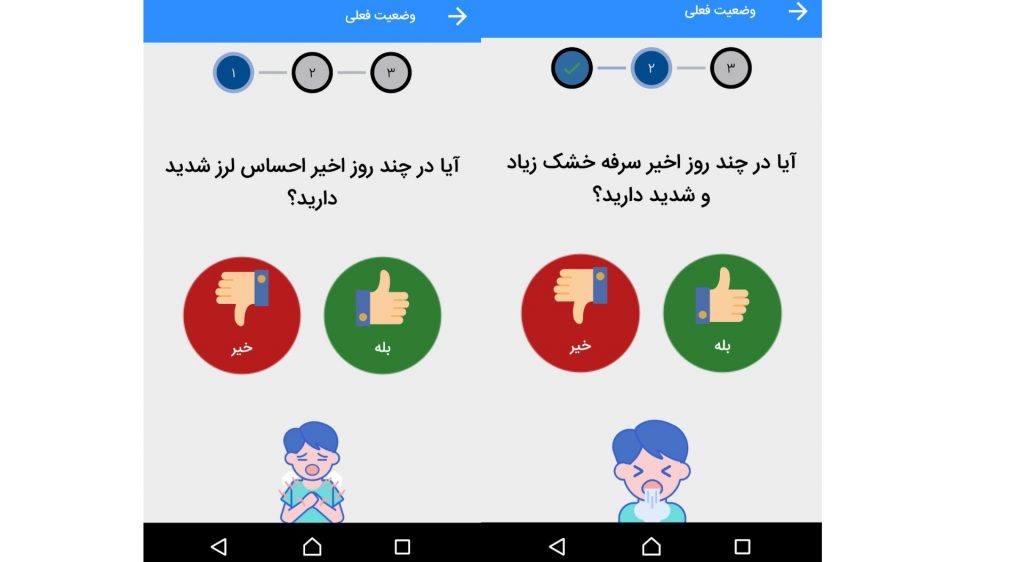
A screenshot from the AC19 app (Source)
Soon after these claims were made, Google removed the AC19 app from the Google Play Store. Although the timing of the removal of the app has led many to believe there was a connection between the claims and the app’s take-down, the company’s failure to provide a clear statement explaining its decision has led to confusion about the app’s security, and the reasons for its removal. In the absence of such an explanation, some media outlets in Iran have claimed that the removal was due to the phrasing of the app’s description, which may have been interpreted as offering to provide a cure for COVID-19.
It has since become clear that the company behind the development of the AC19 app is Smart Land Strategy, the same company that created the dangerous and unauthorised domestic ‘forked’ alternatives to Telegram (Golden Telegram and Hotgram) which were both backed by state-aligned actors until they were taken offline in June 2019. These apps were accused of collecting users’ data without consent, and censoring news agencies and certain other channels. Recently, a vast number of Telegram data leaks associated with these apps has further brought into question the validity of their data security practices. On this basis, there are real reasons to be concerned about any health tracking apps developed by Smart Land Strategy. But what were the real issues with their roll-out of the AC19 app?
A Failure To Communicate – The Case of the AC19 App
There may well be a role for apps such as AC19 to play in fighting the pandemic. All around the world we have seen the emergence of state-endorsed apps that hope to monitor the spread of the disease, track contacts by infectious individuals, and support interventions that could lower the rate of transmission. The Ada Lovelace Institute identifies three general categories of apps that have been introduced with those aims: contact tracing, symptom tracking, and immunity certification.
It appears that the Iranian app was first developed as a symptom tracking app. However, it also appears that the app failed to clearly communicate the fact that geolocation data was being collected by the app, perhaps with the intention of upgrading the app into a contact tracing app at a later date.
In the middle of an unprecedented crisis like this, how big a deal is this? Public discourse globally has shown that despite experts’ warnings, a notable section of society would be satisfied to forgo some of their individual and civil liberties during the pandemic in order to slow its spread. However, it would be incredibly dangerous to afford Iranian authorities such free licence. Given Iran’s long record of disregarding citizens’ right to privacy and free expression online (especially given that we don’t really know how useful these apps are), it is only right to be wary of any apps sanctioned by the Iranian government, and particularly if they are developed by companies with records as troubling as Smart Land Strategy’s.
A decade of disregard for privacy and digital rights by the Iranian government, and a lack of meaningful legal frameworks for protecting digital rights sit at the root of the controversy around the AC19 app. However, it must be recognised that global tech giants have again failed to act in a way that prioritises the safety and security of its Iranian users.
Transparency and clear communication from Google is imperative in situations like this. If it turns out that the app should not be classified as spyware (as argued by Lukas Stefanko) then Google has needlessly pushed Iranian users to download the app from domestic app stores such as CafeBazaar, further advancing internet localisation, and endangering users by making it more challenging for the app to receive timely software and security updates.
If the app should be classified as spyware, and if this is the reason Google has removed it from the Google Play Store, then Google has the responsibility to inform the Iranian public of the app’s risks, as they did with the stalkware apps in July 2019.
Under Strain – Iran Faces Connectivity Disruptions, But No Shutdowns
Given the experience of November and Iran’s prolonged internet shutdown, there was concern that anxiety around the impacts of the COVID-19, might lead Iranian officials to limit access to the global Internet again.
As Filterwatch’s February and March editions of Network Monitor demonstrate, Iran experienced a number of short disruptions in the network connectivity. However, it appears that these disruptions were caused by high demand for bandwidth as a result of increased remote working and studying, rather than as an attempt to control information.
The strain on service providers was dramatically increased by the actions of Iranian ICT Ministry offering 100GB of free internet to users in order to encourage social isolation. It should be noted that Iranian authorities showed a lack of transparency regarding planned disruptions experienced during this period.
Crackdown Under Lockdown – Journalists Targeted For Criticising COVID-19 Response
Regrettably, when it came to criminalising freedom of speech online, Iran fell into old habits in its response to COVID-19. On a number of occasions Iranian Cyber Police (or FATA) forces from around the country announced the arrest of individuals on charges linked to COVID-19. For example on 10 March, Semnan’s FATA force announced that their social media “monitoring” team had identified a source of rumours and false information regarding the COVID-19 virus, and arrested the individual involved. According to a senior spokesperson for Iran’s Armed Forces, the Basij and Police had arrested up to 3,600 people by April 29 for spreading false information and rumours online.
Professional journalists have also been the target of Iran’s law enforcement agencies. On 23 April Masoud Heydari, the Managing Director of the Iranian Labour News Agency (ILNA), and Hamid Haghjoo, the administrator of ILNA’s Telegram channel were arrested for publishing a cartoon that was posted for a short period of time on the news agency’s Telegram channel. The cartoon – which was deleted shortly after it was posted – mocked the unscientific remedies to COVID-19 promoted by religious individuals and public figures.
Another example of an attack on freedom of speech online was the case of the economics reporter Mohammad Mosaed, who was questioned by the security forces in late February after he posted a series of tweets questioning the country’s handling of the COVID-19 crisis. It appears that during his interrogation, security forces took control of Mosaed’s online accounts. In an interview with BBC Persian, Masaed stated that he is banned from publishing any online content until his awaited court date.
Our Recommendations – A Time For Action On Digital Rights
The international community must recognize that their decisions at home have significant effect on digital rights in closed and semi-closed societies. Global digital rights should not be an afterthought in this pandemic.
In open societies, the discussion around balancing civil liberties and the right to privacy against the urgent need to combat COVID-19 have largely been focused around the length of time for which social distancing and lockdown measures will be imposed. However, what has been missing is a discussion about the long-term implications of governments’ response for digital rights, and in particular the rights of those living in politically closed and semi-closed societies.
During the last decade, whenever global governments demanded the downgrading of encryption technologies, companies and activists pointed out that this could have devastating effects on the privacy of users in places such as Iran.
In a similar vein, when France asked Apple for the relaxation of security settings on iPhone to allow government-sanctioned apps to “fight COVID-19”, it is crucial that they be reminded that such moves threaten to compromise the security of users around the world. Even if the measures are temporary in some countries, they may remain as part of enduring surveillance regimes in others.
Both Iran and the international community should act to reverse Iran’s agenda of rapid Internet localisation. An open and truly global Internet is essential to empower citizens and safeguard their rights in a time of social distancing and global pandemic.
It is disappointing (but not surprising) that Iran remains committed to a restrictive and narrow agenda of internet localisation, even at a time when the global community – Iran included – have called for unprecedented levels of global collaboration. Yet by forcefully promoting domestic services (such as Shaad) and locally hosted content, Iran has used this crisis as an opportunity to further advance its digitally protectionist agenda, and lock large sections of society into an online ecosystem which exists some distance away from the open global Internet, and which operates under constant control and surveillance of the authorities.
This is even more disappointing considering that recent data breaches have significantly compromised the online security of millions of Iranians, all due to the ill-advised security practices (or lack thereof) of domestic, state-backed apps. Iranian authorities have shown no remorse, and neither have they introduced substantive policy changes that could help to address these challenges in the future. The continued (and highly visible) involvement of Smart Land Strategy in the production of Iran’s state-approved COVID-19 diagnosis app is a clear demonstration of how the state is blind to the long-term risks raised by its disregard for citizens’ right to privacy online.
At times like this, the international community must recognise the obstacles posed by compliance and over-compliance with US sanctions, which have impacted tech companies and forced Iranian users to migrate to domestic services and data hosting solutions. Whereas Iran views this as an opportunity to double down on its terrifying internet localisation plans, the international community must seek to stand for an open and global internet and with the Iranian people in promoting more global connectivity which is more crucial now than ever before.
Iran must immediately put an end to mass arrests of citizens and guarantee the online freedoms of journalists and activists. Now more than ever, people’s lives around the world depend on meaningful scrutiny being applied to government policies.
Time and time again, journalists, campaigners, and opposition leaders in open and closed societies across the globe have proven that it is imperative for the sake of sound decision-making that leaders face rigorous questioning and scrutiny during the pandemic. In Iran, perhaps even more than many other countries dealing with the pandemic, it is crucial that journalists, campaigners and community representatives are granted the opportunity to freely scrutinise the government’s handling of the crisis.
Although the furloughing of a number of prisoners held under security charges is a welcome move, the aggressive actions of the judiciary and FATA in limiting freedom of expression online must be condemned in the strongest terms. It is baffling that any policymaker would on the one hand create an app to collect information in the hope of limiting the infection rate, and on the other to obstruct the inquisitive activities and reporting of experts (whether in the press, academia, or local communities) in a period of crisis like this.
Iranian officials must act immediately to close the digital divides that exist in Iran today. Legal discrimintion and socio-economic disparities are denying vulnerable and marginalised Iranians access to key online services.
Policymakers and commentators have lined up in the past few months to tell the public that it may be some time before there is an end to social distancing measures. Although Iran has demonstrated a willingness to lift the measures sooner than many had anticipated, many Iranians are continuing to engage in self-imposed lockdowns. This has provided the ICT Ministry with the opportunity to introduce a vast number of new platforms and governmental infrastructure to enable remote working and learning. While these innovations may be a gift to many, allowing them to access services and maintain a degree of normality, the same technologies may result in the reinforcement of existing social and economic inequalities, and the denial of human rights for already marginalised sections of society.
Although many of these digital divides are rooted in Iran’s socio-economic and geographical class divides, some other forms of digital exclusion are rooted in overtly discriminatory state policy. For example, it has been highlighted that Baha’i citizens are being excluded from being issued biometric ID cards, and as a result are being excluded from using a number of core online services. As noted, the educational app launched by the Iranian government also excluded Afghan refugees and non-citizen children (including those born in Iran) from remotely accessing education.
Iran’s ICT Ministry can not celebrate itself and its officials for delivering the necessary infrastructure for maintaining social distancing if it fails to acknowledge the digital exclusions imposed by Iranain authorities against minority communities. These discriminatory policies must be amended as a matter of priority, in order to enable all residents of Iran to access necessary online services for the duration of this crisis.
Conclusion – Protect Digital Rights, Save Citizens’ Lives
To list the digital rights challenges faced by Iranians during this crisis must serve as more than just a warning about privacy, censorship and social inclusion. If states are going to increasingly seek to augment their policy responses to the COVID-19 pandemic with technological responses, then Iran might find itself behind the pack as the result of their sustained attacks on digital rights over the past decade, and the erosion of public trust in domestic infrastructure and services
It is increasingly becoming clear that digital solutions without public consent or trust are bound to fail. This is why around the world civil society groups are seeking to play an active and constructive role in helping to shape governments’ responses. This is how Google and Apple have teamed up to showcase a potential solution to the challenge of contract tracking that demonstrates genuine respect for user privacy. At the other extreme, Iran’s desire for a closed and localised internet has resulted in distrust from both the general public and entrepreneurial community.
In the past it was clear that success of Iran’s burgeoning digital economy was dependent on Iran changing direction and adopting meaningful data protections and digital rights guarantees. Now, the stakes are even higher – unless the government can restore public confidence in its handling of digital initiatives, it is Iran’s public health that may be at risk.
As the events of the past year have demonstrated, there is a large section of Iranian society that feels a strong sense of distrust and resentment toward the political establishment. To them, the events of last November demonstrated that Iran’s internet policymaking establishment will take advantage of any opportunity to use the Internet and other technologies to extend their power and influence over society.
Iran’s ICT policymakers must recognise that their sustained attack on digital rights and their aggressive pursuit of Internet localisation will not help Iran in times of crisis, but it will hinder its ability to respond and recover. In order to safeguard its citizens, Iran should commit to changing course, and take action to guarantee the rights – and win the trust – of all its citizens.
